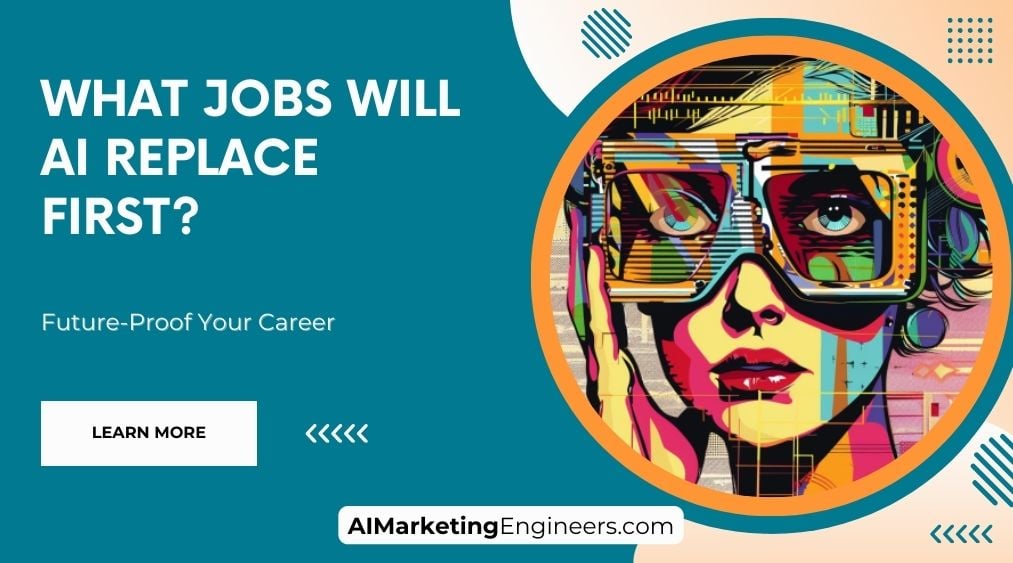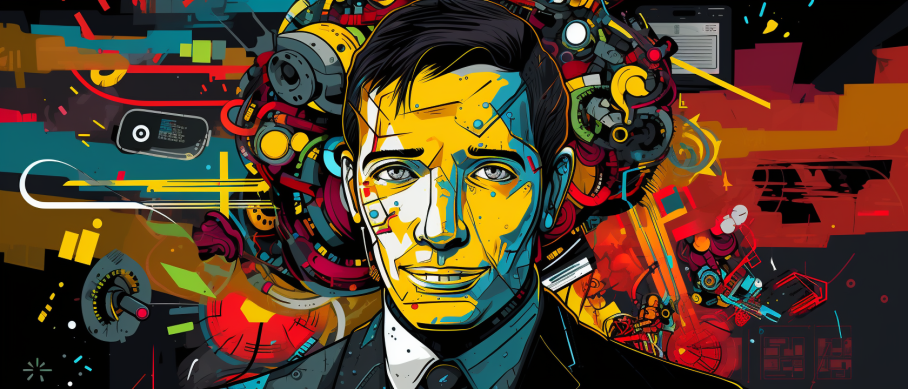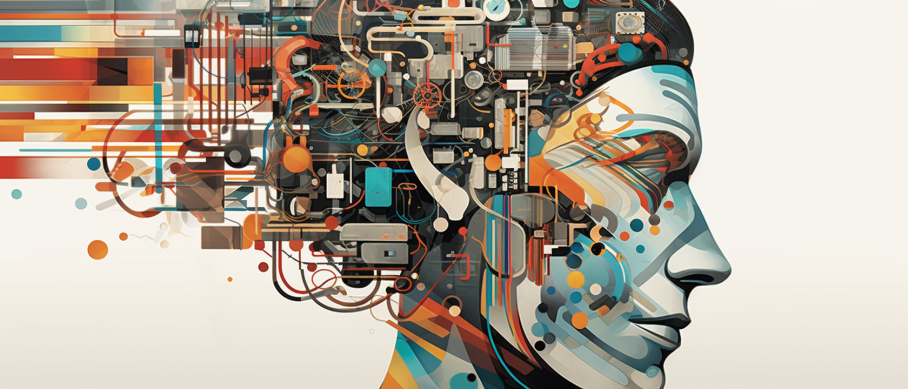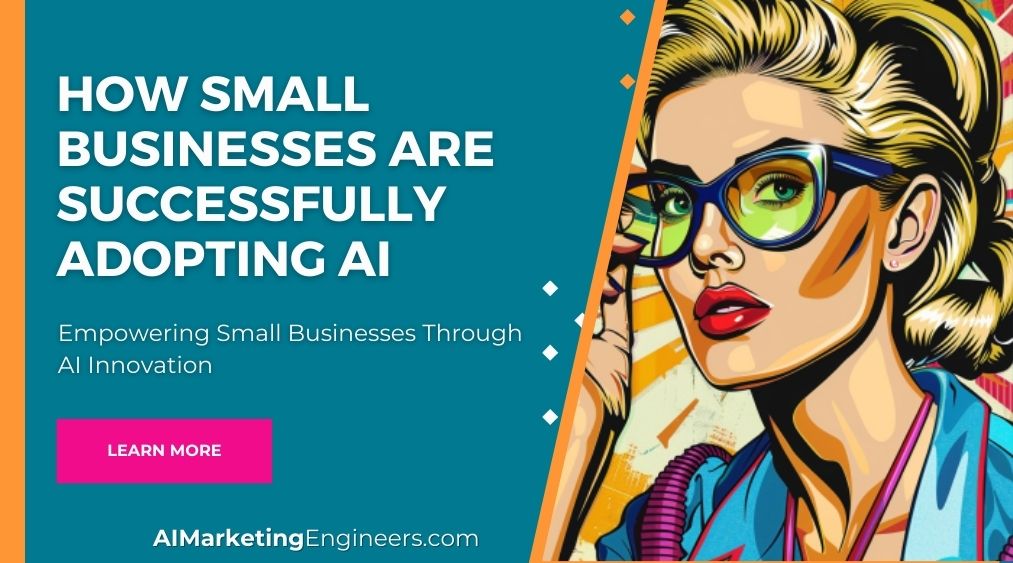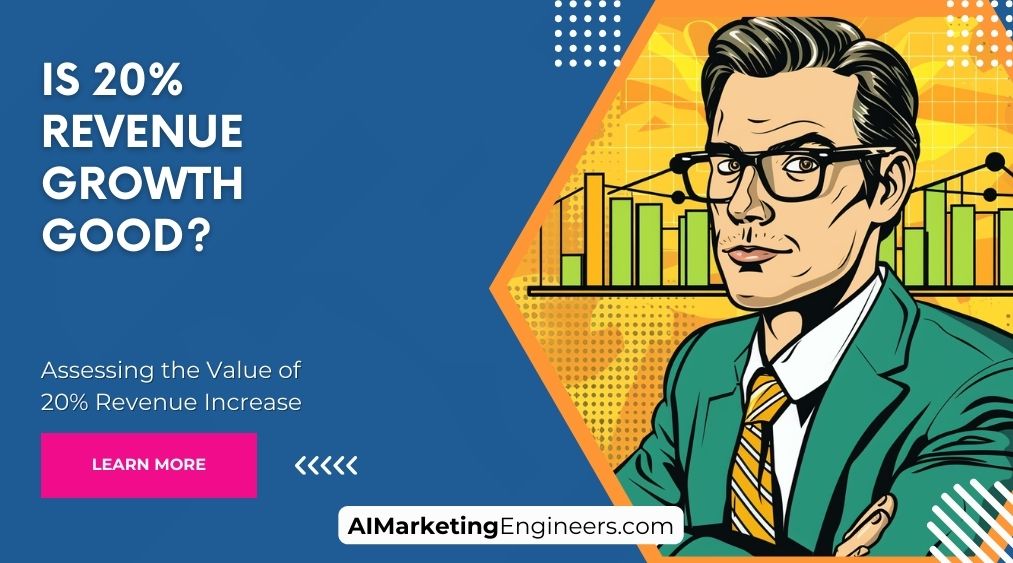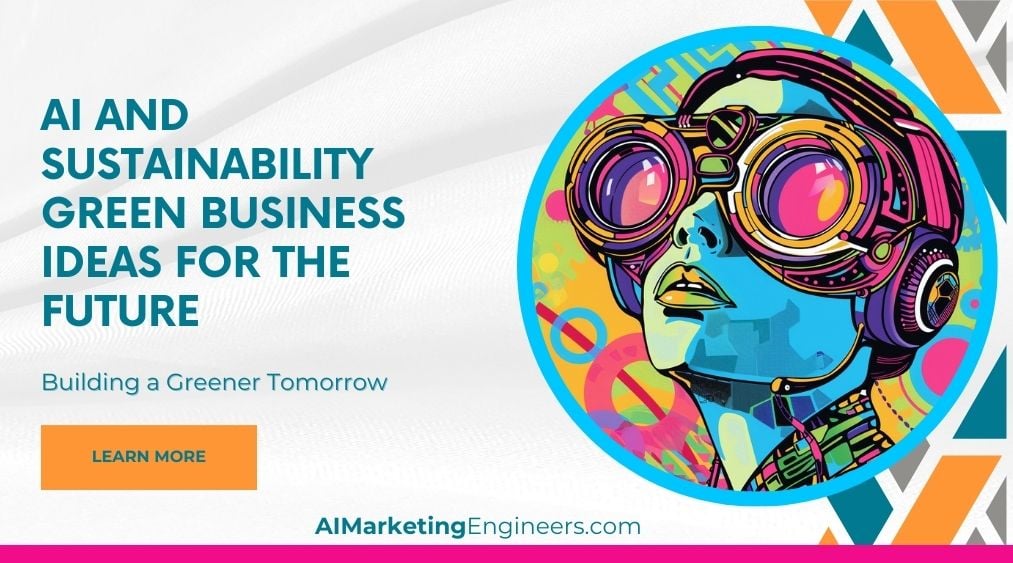Key Takeaways
✅ The automation of routine office tasks is upon us, with AI expected to supplant roles centered around data entry and bookkeeping. A remarkable 40% of worker's tasks could be automated using existing technologies, according to a McKinsey study. Business owners should capitalize on AI tools to supercharge productivity while pivoting their talent's focus towards innovation and strategic thinking.
✅ AI-driven customer service is reshaping the landscape of client relations. As per Oracle, 80% of businesses are predicted to use chatbots for customer interactions by 2023. Introducing chatbots can amplify your company's responsiveness and customer satisfaction, setting you apart in the e-commerce sphere.
✅ AI's role in predictive analytics can be a game-changer for decision-making, with IBM noting that data-driven organizations are 162% more likely to surpass their revenue goals. Embrace AI analytics to unveil trends that can refine your marketing strategies and inventory management for peak efficiency.

Introduction
Are you ready to ride the colossal wave of change that AI is bringing to the job market? The rise of artificial intelligence will reshape the workforce, but by understanding which jobs are prone to automation first, you can not only secure your career but supercharge it. Industries from finance to customer service are at a tipping point, where AI-driven innovations are not just hypothetical scenarios but present-day realities.
In this in-depth exploration, we’ll peel back the layers of the AI revolution to reveal which positions face imminent transformation and, more importantly, how you can harness this knowledge for growth. With strategic insights and empowering foresight, we aim to spark a sense of preparedness, not panic. As we delve into the world of AI, you will discover groundbreaking tips to ensure that your e-commerce business not only survives but thrives in the age of algorithms. Stay tuned as we unveil the actionable information that will help you emerge as a leader in the new digital frontier.
Top Statistics
| Statistic | Insight |
|---|---|
| Automation Potential: Up to 800 million global workers could be affected by automation by 2030. (McKinsey Global Institute, 2017) | This staggering figure is a clarion call for the workforce to upskill and adapt to an increasingly automated future. |
| Occupational Vulnerability: Approximately 47% of U.S. jobs are at risk, notably in transportation and administrative roles. (Oxford University) | Indicates that nearly half of the U.S. workforce should reassess their career paths to navigate the changing landscape. |
| Industry Forecasts: AI will replace 9% of U.S. jobs by 2025 but will also create 2.1 million new jobs. (Forrester Research, 2020) | Innovation in AI not only presents a challenge but also opens a trove of new opportunities within the tech sector. |
| Global Disruption: 85 million jobs may be displaced, while 97 million new roles could emerge by 2025. (World Economic Forum, 2020) | A dynamic shift indicating that global workforce will not diminish but transform in response to AI advancements. |
Job Market Landscape
The job market is experiencing a seismic shift due to the advancement of artificial intelligence (AI). As AI systems become more sophisticated and capable, certain roles and tasks are increasingly at risk of being automated or augmented by intelligent machines. While this technological disruption presents challenges, it also opens up new opportunities for those willing to adapt and upskill.
Data Entry and Administrative Tasks
One of the first domains where AI is making significant inroads is in data entry and administrative tasks. AI-powered software is designed to excel at processing vast datasets with speed and precision, outperforming human counterparts in terms of efficiency and accuracy. Roles such as data entry clerks, bookkeepers, and administrative assistants are highly susceptible to automation as AI algorithms can rapidly extract, categorize, and manipulate data from various sources.
Manufacturing and Assembly Line Work
The harmonious symphony of robotics in manufacturing sectors highlights an era where AI-driven machines are becoming the craftsmen of the modern age. Repetitive tasks on assembly lines, such as welding, painting, and packaging, are prime candidates for automation. Advanced robotics, coupled with computer vision and machine learning algorithms, can perform these tasks with consistent quality and minimal downtime, reducing the need for human labor in these areas.
Transportation and Logistics
The transportation and logistics industry is also poised for significant disruption by AI. Self-driving vehicles and autonomous delivery drones are on the horizon, potentially replacing human drivers and couriers. Additionally, AI-powered route optimization and inventory management systems can streamline logistics operations, minimizing the need for human involvement in tasks such as route planning and inventory tracking.
Financial Services and Accounting
AI algorithms are increasingly capable of analyzing financial data, spotting patterns, and making predictions with remarkable accuracy. This capability threatens to displace roles in financial analysis, stock trading, and accounting, where AI can automate tasks such as risk assessment, portfolio management, and auditing with greater efficiency and fewer errors.
Customer Service and Support
The advent of natural language processing (NLP) and conversational AI has opened the door for intelligent virtual assistants to handle customer inquiries and support tasks. As these AI systems become more adept at understanding and responding to human speech and text, they can effectively replace human agents in call centers and customer service roles, providing 24/7 support with faster response times and lower operational costs.
Roles across data entry, manufacturing, transportation, financial services, and customer support are being targeted first by AI technologies. Workers in these sectors must prioritize upskilling or reskilling to remain competitive. Nonetheless, AI's evolution heralds not just displacement but also the birth of new job opportunities and industries, signifying an era not just of substitution, but also of innovation and growth.
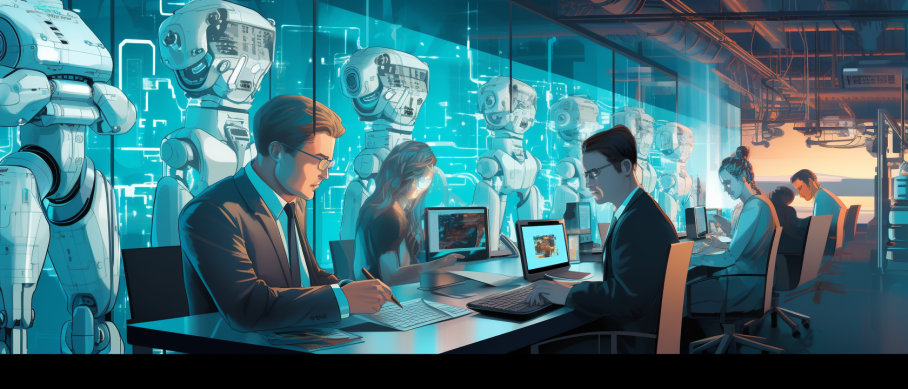
Inspirational Quotes
1. "AI is likely to replace repetitive tasks and jobs where there isn't much creativity involved. But I don't think we should fear AI; instead, we should embrace it and focus on developing our skills in areas where machines can't compete." - Satya Nadella, CEO of Microsoft
2. "The jobs most susceptible to automation are those involving routine, predictable activities. These include positions like telemarketers, data entry clerks, and tax preparers. However, AI also presents new opportunities for growth, innovation, and job creation in fields such as machine learning, robotics, and software development." - Andrew Ng, Co-founder of Coursera and former chief scientist at Baidu
3. "While some jobs may be replaced by AI, this shift will create new roles that require human judgment, creativity, and critical thinking. The challenge lies not in stopping technology but rather in ensuring that people have access to education and training programs that equip them with the necessary skills to thrive in an increasingly digital world." - Ginni Rometty, Executive Chairman of IBM
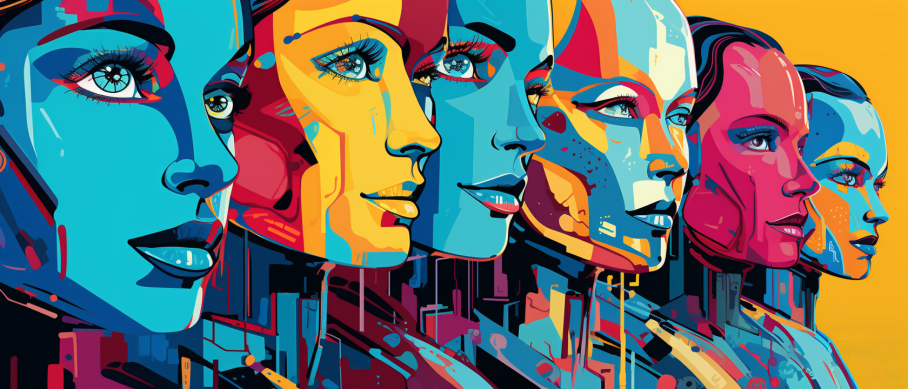
AI Marketing Engineers Recommendation
Recommendation 1: Anticipate and Leverage AI's Impact on Customer Service Roles: Data shows that AI and automated systems are increasingly capable of handling customer service tasks traditionally managed by humans, such as answering standard inquiries and providing information. Embrace this trend by integrating AI chatbots and virtual assistants to manage first-level customer service interactions. Invest in AI tools that learn from interactions, thereby improving their ability to handle complex queries and reducing the need for human intervention. Platforms like Zendesk and Intercom are already empowering businesses to automate these functions while providing rich data insights to further optimize the customer experience.
Recommendation 2: Prepare for Transformation in Data Entry and Processing Jobs: Given the adaptability of AI in managing repetitive tasks, data entry, and processing jobs are poised for significant transformation. Utilize AI systems for data-related tasks to enhance efficiency, accuracy, and to free up human workforce for more strategic roles. This strategic approach is not only about cutting costs but also about reallocating human capital towards creative and innovation-driven tasks. Incorporate Optical Character Recognition (OCR) and machine learning algorithms to streamline data capture and analysis workflows, reflecting current trends that prioritize smart data management.
Recommendation 3: Implement AI-Driven Tools to Optimize Content Creation: While AI replacing creative jobs might seem distant, the reality is that AI tools are already crafting content that resonates with audiences, suggesting a shift in content creation roles. Employ AI-driven content tools like OpenAI's GPT-3 for drafting initial content outlines, generating ideas, or even writing simple articles. This helps in maintaining a consistent content pipeline, reducing time spent on content generation, and allowing your creative team to focus on strategy and narrative finesse. These tools can also provide suggestions for SEO optimization, tapping into another crucial aspect of modern e-commerce marketing strategies.
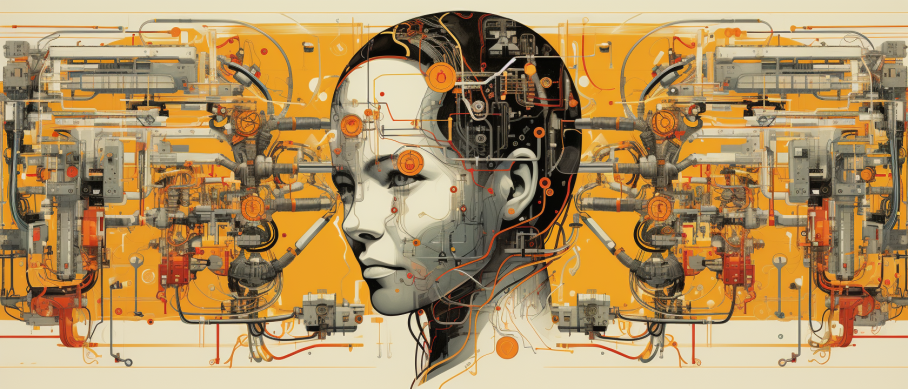
Conclusion
In the insightful journey we've embarked on, we've seen that AI's encroachment on the job market is unmistakable, with data entry and administrative tasks standing at the frontline of automation. Across industries, the manufacturing realm is undeniably feeling the seismic shift as robotics perfect the art of relentless efficiency. The transportation and logistics sectors are on the cusp of a revolution, with autonomous vehicles ready to redefine the very fabric of mobility. Not immune, financial services and accounting find AI's analytical prowess to be a double-edged sword, enhancing capabilities but also streamlining human roles.
However, this narrative isn't solely about replacement; it's about evolution. Preparation is key, and the workforce is poised to pivot, wielding upskilling and reskilling as shields against obsolescence. In truth, AI is not just a harbinger of job displacement but also a creator of novel job opportunities and industries yet to be conceived.
Thus, we stand not at the end of employment, but at the exciting dawn of an era where human ingenuity meets artificial intelligence. Remember, your action map is clear: embrace lifelong learning, stay agile, and anticipate the transformative cooperation between humans and AI. Together, let's navigate this new landscape where the synergy of man and machine births uncharted territories of growth and innovation.
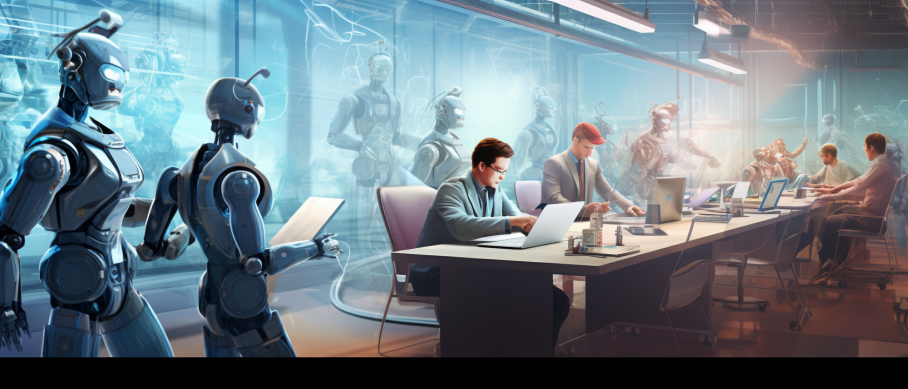
FAQs
Question 1: Which industries are most likely to be impacted by AI job replacement in the near future?
Answer: AI is expected to have significant effects on industries such as manufacturing, transportation, customer service, and logistics. Jobs involving repetitive tasks, data processing, and predictable decision-making are particularly vulnerable to automation.
Question 2: How can I identify roles within my organization that might be replaced by AI?
Answer: To assess potential AI disruption, examine positions that involve routine, rule-based activities, high volumes of data analysis, and predictive modeling. Consider using task-level analysis tools to evaluate which processes could benefit from AI integration.
Question 3: Will AI completely eliminate certain professions, or will it create new opportunities?
Answer: While some jobs may disappear due to AI adoption, many others will emerge. For instance, there will be an increased demand for AI specialists, engineers, and data scientists who can design, develop, and maintain these systems. Additionally, human workers will still be needed for creativity, empathy, and strategic thinking – skills that machines currently lack.
Question 4: Can you provide examples of specific jobs that AI is already replacing or is predicted to replace soon?
Answer: Some early examples include factory assembly line workers, telemarketers, bookkeepers, financial analysts, and truck drivers. As AI continues to advance, more complex occupations like radiologists, lawyers, and even surgeons may also see their roles transformed or augmented by intelligent technologies.
Question 5: How should businesses prepare for the shift towards AI-driven workplaces?
Answer: Business leaders should invest in reskilling programs for employees whose jobs may be affected by AI. They should also focus on developing a culture of innovation and continuous learning, adopting flexible organizational structures, and collaborating closely with educational institutions and industry partners to stay ahead of the curve.
Question 6: Are there any legal considerations regarding the use of AI in the workplace?
Answer: Yes, employers must ensure they comply with all applicable labor laws when integrating AI into their operations. This includes addressing issues such as data privacy, algorithmic bias, and potential discrimination against employees.
Question 7: How can professionals and enthusiasts stay up-to-date with the latest developments in AI and its impact on the job market?
Answer: Professionals can join industry associations, attend conferences, and enroll in online courses to stay informed about the latest AI trends and advancements. They can also follow thought leaders and experts in the field, read academic papers and industry reports, and participate in online forums and communities.

Academic References
- Frey, Carl Benedikt & Osborne, Michael A. (2013). The Future of Employment: How Susceptible are Jobs to Computerisation? Oxford University. This groundbreaking study analyzes the risk factors associated with occupations being automated, emphasizing roles involving routine tasks and data processing as most vulnerable in the impending AI-driven work landscape.
- Acemoglu, Daron & Restrepo, Pascual. (2018). Robots and Jobs: Evidence from US Labor Markets. National Bureau of Economic Research. This comprehensive research indicates the short-term displacement of jobs due to industrial robots in the US while also showcasing the potential for productivity and wage growth in sectors less susceptible to automation.
- Levy, Frank & Murnane, Richard J. (2016). The Automation of Cognitive Tasks: How Technology is Putting the Human Mind to Work. Harvard University. This insightful paper evaluates AI's encroachment into areas requiring human cognition. It suggests a collaborative future where AI handles certain cognitive tasks, but human judgment remains irreplaceable in many aspects of decision-making and creativity.
- Bessen, James. (2019). The Impact of Artificial Intelligence on the Labor Market. National Bureau of Economic Research. This study counters automation doomsaying by reflecting on historical automation patterns and posits a realistic future where AI not only displaces certain jobs but also fosters novel vocations and augments productivity.
- World Economic Forum. (2018). The Future of Work: Occupational Projections and Skills. In this extensive report, future labor market trends are dissected, pinpointing the increase in demand for technical skills, such as data analysis and software development, as routine tasks fall under the purview of AI technologies.
- Organization for Economic Co-operation and Development. (2019). Automation and the Future of Work: Scenarios and Policy Options. This report offers a visionary look into the future of work under the influence of AI, discussing diverse scenarios and urging the formulation of policies that help societies adapt to innovative workplaces, balancing automation's twin effects of job displacement and creation.
- Executive Office of the President. (2016). Automation, Artificial Intelligence, and the Economy. This key report from the Executive Office of the President delivers an erudite synopsis of AI's economic ramifications, contemplating strategic policy shifts to maximize AI's benefits in terms of new job opportunities and enhanced productivity.
